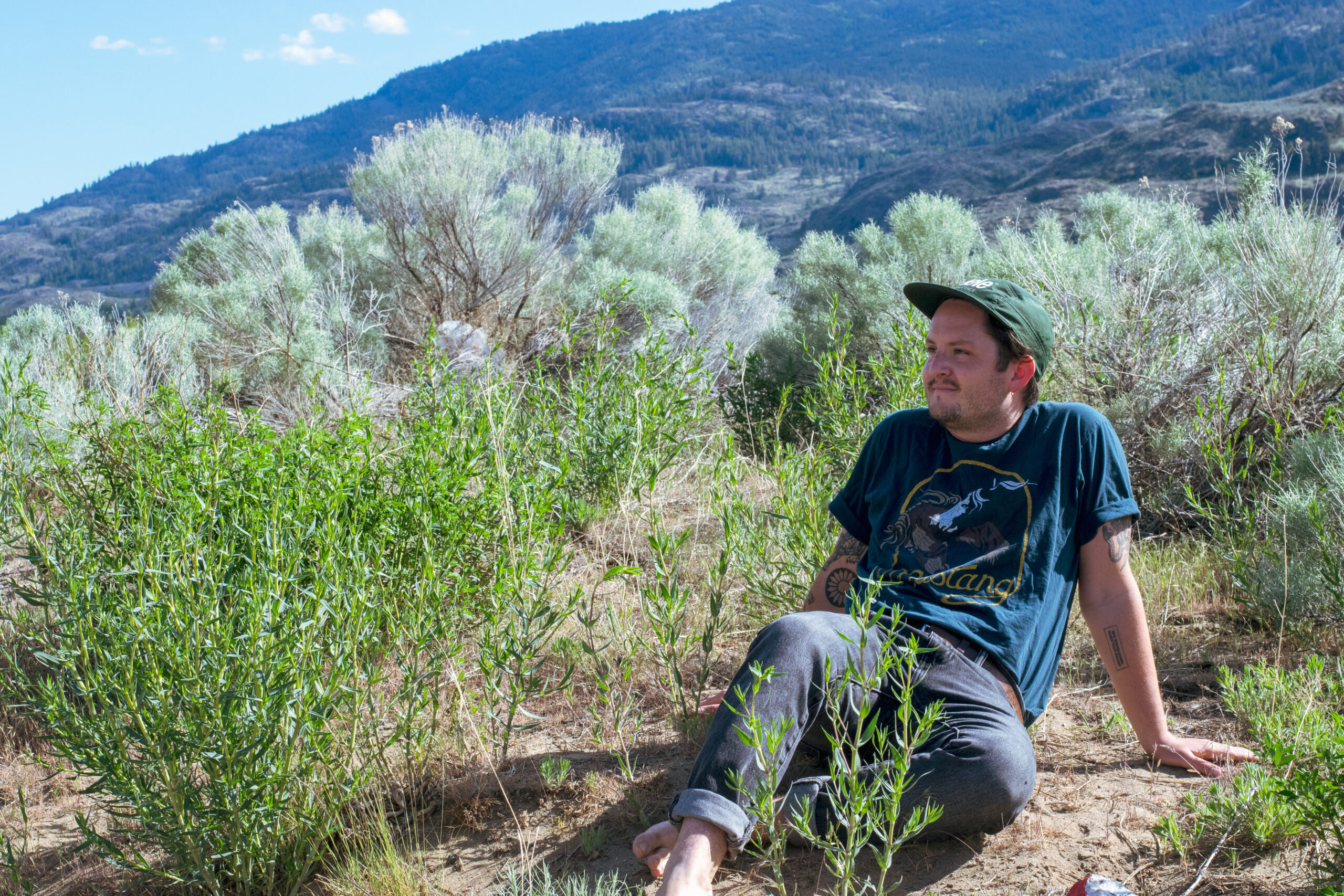This Concordia graduate’s music is full of life
Evan H. Clarke is making his return to releasing music all the way from Austria. The Concordia graduate is back with Nighthawk USA, Pt. II, the second installment of an initial vision for a double album.
Nighthawk USA, Pt. II marks Clarke’s third release in 18 months, following 2020’s Maverick, and Nighthawk USA, Pt. I, released earlier this year. Instead of releasing one album with 20-plus tracks, the original idea will see light via three separate releases.
“I was like, ‘What am I gonna do? A double album?’ No one listens to albums these days, let alone double albums, so I’m gonna release it as three EPs and figure out what’s the best way to sequence them so they worked in the album but also as three separate EPs,” said Clarke.
Creative space is not a problem for Clarke, who says he tends to write songs in batches. This batch, the second part of his double album, is one that borrows inspiration from different parts of the globe. Its roots as demos and ideas were in British Columbia, but these only wrapped up recently after settling into his new European groove.
If this new release can be summarized: it’s mellow, full of life, and an easy listen.
Whether it is the folk-pop feel of Maverick, or the folk riffs on these Nighthawk projects, what is being done is being done well, but it’s not a limit. According to Clarke, his next project is an electronic one — something fun just to get it out of his system.
The Concordian to Evan H. Clarke about his latest release, and what’s next.
TC: How do you differentiate this project from Nighthawk USA, Pt. I or Maverick? Is this an improvement?
EC: I feel like every time I make something, record, produce, release, I learn and I get better for the next one. So I feel like for this one, in terms of sequencing the songs, mixing, even honing in on my writing, I feel is potentially stronger than the other two just because I’ve learned from that, in terms of working on my proofreading and my editing and making sure that the lyrics are the best that they could possibly be.
Compared to the other two, lyrically, sonically, it is better. I think it is also more emotional. The first couple tracks on the first EP and Maverick, there’s some emotion, but a lot of it is just kinda rocking out and having fun. […] I think that with this one I’m very proud of it because I’ve allowed myself to be more vulnerable than before.
TC: Where did you finish the making of it?
EC: I wrote all of these songs around the same time when I was living in the Okanagan, so the sound of it, the content, the lyrics, the direction are all very much influenced by that landscape. […] I did some of it in Montreal, some of it in BC, some of it in Austria, so it’s been cool to see how the tracks evolve depending on where I am and what kind of instruments I have access to.
It was a lot of fun to do, but it is a lot of work. Particularly when you’re either finishing your degree or starting a new full-time job in a new country, you don’t always have a lot of time to work on it. So every now and then you have an hour or an hour and a half to work on the mix, but this whole project is just me having fun.
TC: How does your new life affect your creative output?
EC: Last time we spoke, I talked about wanting to do more electronic stuff. When I was in Osoyoos I was like, “Man I need a banjo,” because it suited the landscape. Now that I’m here I’ve been producing, I don’t know if it’s going to be an EP or an album yet, but more like a sample-based electronic project. I feel it’s directly influenced by being in Vienna, I don’t know what it is, whether it’s being in the city, having more technology, I don’t know. That’s just how my creativity is manifesting in the city, more electronic.
I’ve still got the third part of Nighthawk USA to finish, I’ve got all the music done, I just have to record the vocals and stuff. I think I’m gonna try and do this electronic one first, to get it out of my system, then go back to the folky stuff.
TC: In our past conversations, we’ve talked about changing directions towards electronic. Where do you go from here?
EC: I just started making this beat one day, and it sounded awesome. Then the next thing you know, I’ve got three or four of them going and I’m thinking, “Maybe I’ll focus on this for a little while.”
When you’re recording acoustic folk music, you have to worry about your neighbours being loud and, I live near a street which is like super loud, so that stuff can be kind of frustrating as well. So I figure for a little while now, until I get some kind of booth set up in my apartment, I’m just going to focus on electronic. It’s funny how that kind of stuff is influenced by your surroundings.
Clarke’s musical career shows no sign of stopping regardless of what his life looks like.
Photograph courtesy of Evan H. Clarke




